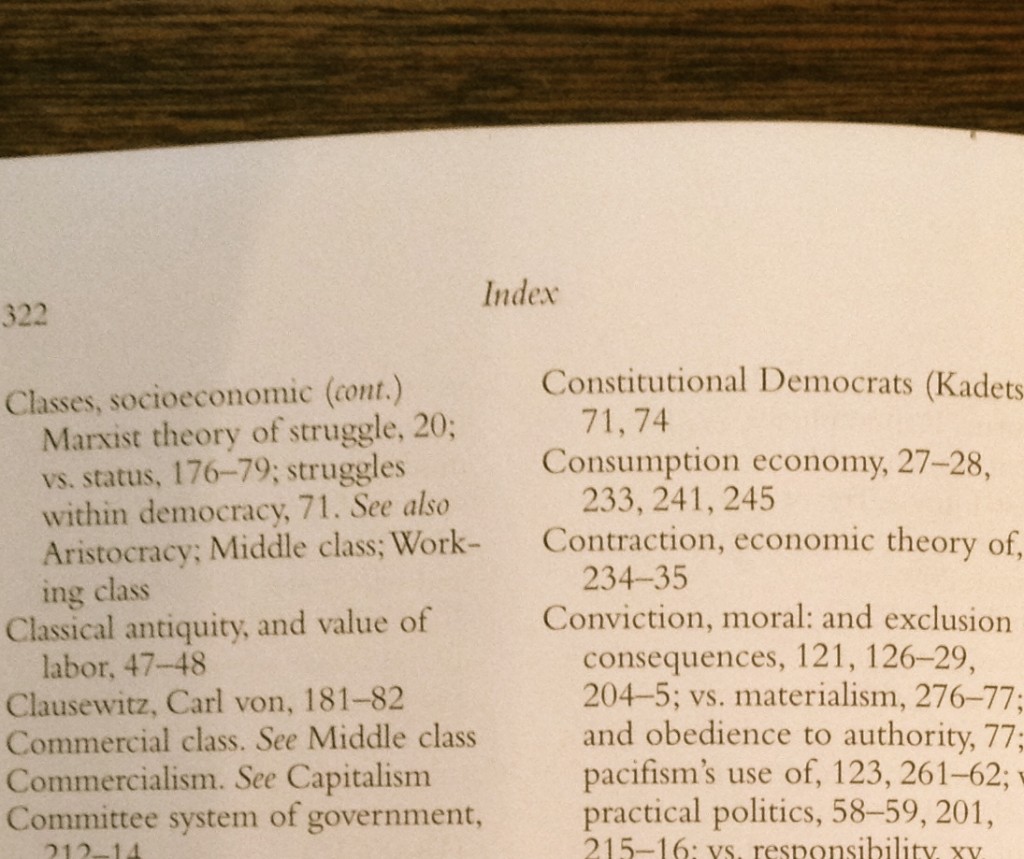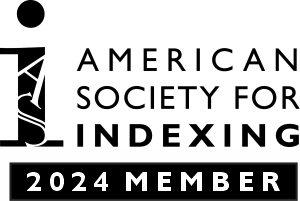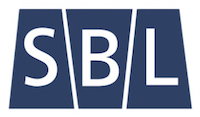
Folks often ask, after the initial “Someone actually creates the index that goes in the back of a book?”: “How do you go about figuring that out?”
Or someone who’s thinking about being an indexer will wonder if the career field is a good match for them. This is an important question because there’s a certain mindset and way of processing information that seems to be unique to this task, and although indexing is definitely teachable, there is also a sense of “you either have it or you don’t.”
Qualities of an Indexer Mind
I’ve been making book indexes, as well as participating in other human-generated indexing activities (simple standard vocabularies and website taxonomies) since 1995. And I started indexing with my parents’ National Geographics when I was eleven years old. So, one could say I was a “born indexer.” Who else would derive pleasure out of such a task, you might ask? 😉
One general observation I’ve made about indexers: most of the ones I know are introverts, although there is a small minority of weird extroverts like me in the mix. 😉 Many start out as librarians (but not all; I didn’t). Most of us do love to read, but we’re not all generalists. I index a lot of scholarly books, but some of my colleagues wouldn’t touch this material with a hundred-foot pole. They specialize in technical documentation, cookbooks, medical journals, legal documents. If one does have a good mindset for indexing, there are many niches to carve out a workspace in.
After spending three-plus years as the exam administrator for the American Society for Indexing‘s Training in Indexing Course, I definitely saw among the students some common attributes that go with a good indexer mind, and many that do not. One has to be a bit “anal”; following specifications carefully and paying close attention to detail are both really important in pleasing clients, and many of our students had trouble with this. Also, on the opposite end of mental activity, one has to be able to see the forest for the trees and use the trees judiciously. Pattern recognition, and more importantly, semantic relationship recognition, are important in the quality of the index (are appropriate synonyms dealt with? Where’s the audience likely to be coming from?).
Judgment Calls
But just like with editing, indexing is filled with judgment calls. Only instead of just making judgments on how the text is expressed by the writer, the indexer has to find both the essential structure and all the substantive and significant details that a writer has created in more or less linear form, and rearrange all of this meaning into a nonlinear “map” of the subject(s) so the index user can dip into the text from this condensed structure instead of having to read through the whole thing to find all the references to some subject of importance to that reader.
Pattern Recognition
And then the need for a thesaurus kicks in. It’s also important to highlight relationships among concepts and other subjects, not just deal with them as discrete things. I am always running through how these subjects I’m putting in the index (whether people or themes) overlap each other or relate to each other in some other way that might be important for the index user so they get to all the related information on a topic and not just one piece. This is the aspect of indexing that a lot of students take some experience to get the hang of.
The whole process is much less “machine-like” than folks think, although hyperlink relationships come closer than hierarchies in picturing what an index really does. But it’s not that simple, either. It’s more structured than simply browsing semantic links on the fly. This is where I get stuck trying to explain how my mind works. So many threads . . . one of our former PI partners, Seth Maislin, once gave an entire presentation on the index as tapestry. Pretty accurate analogy.
If you are intrigued by the idea of indexing, which can be applied not just to books, but to online information in websites and in mobile apps as well, the best thing is to take a short course at a local library school, or check out the distance learning opportunities at organizations like the American Society for Indexing, The British Society of Indexers, the Indexing Society of Canada, or the Australian and New Zealand Society of Indexers.
Happy Indexing!



Leave a Reply